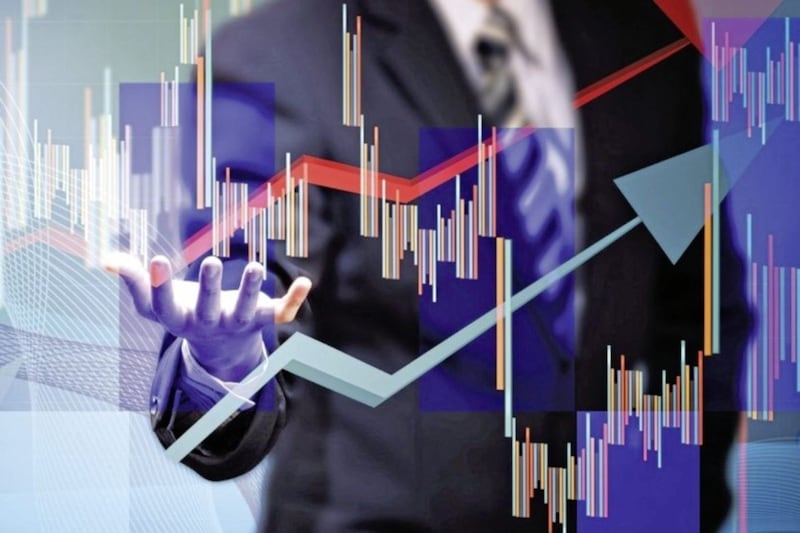AFTER many months if not years of speculation, last week saw a dive in global stock markets which took many by surprise.
There has been much written about the longest bull market in history and some market observers had started to wonder if it would ever end.
Last week saw a sell-off in global equities which led to fears that it really is starting to materialise. In the US we have seen the longest slide since Donald Trump became President and over the week the S&P fell by 4.67 per cent, staging a weak and unconvincing rally on Friday. The tech index alone slid almost 7% in the week to Thursday. The well-known adage “if Wall Street sneezes London catches a cold” certainly proved to be the case as the FTSE 100 fell by 5.69 per cent over the week and closed below 7000 for the first time since March. Europe did not avoid the rout, hitting a two-year low on Thursday and closing on Friday at the lowest point this year.
The obvious question on everybody’s lips is why? There is no simple answer, but it has been blamed on a recent jump in yields on benchmark US Treasuries, which has led investors to fear a rise in borrowing costs for a wide range of heavily indebted companies. President Trump, as vocal as ever, placed the blame firmly on the Fed’s shoulders, which he said has become “out of control” with its rises in interest rates.
However, this explanation seems to be too simplistic. Several factors appear to have played a part, not least the lingering concerns over global trade tensions between the US and China, which have been confrontational and awkward and have failed to reach a resolution. Other contributory factors may have been crowded bets on big tech and an unwinding of trading strategies sensitive to volatility.
The next question is how far the markets will fall. This is naturally an impossible question to answer, but the feeling is that having started, it seems unlikely to end abruptly without reasonable cause and markets always tend to overshoot. Another factor that might play a part is the oil price. We saw the oil price climb on the prospect of US sanctions being applied on Iran next month as it seems probable that we will see a squeeze on supply. Higher oil prices have had a significant impact already, particularly on countries which have seen their currency tumble against the dollar, acting as a fairly punitive tax.
Another headwind is China which has continued to slow down: vehicle sales have stalled here after a three decade run. Fears have surfaced of China allowing its currency to devalue. All this may indicate a volatile time ahead for investors and few commentators are willing to predict where this may end. Much attention is likely to be paid to the third quarter earnings season in the US and there are hopes that a moderating US economy may be offset by a rebound in China, but it could be a bumpy ride for investors in the meantime.
:: Cathy Dixon is a director at the Belfast office of Cunningham Coates Stockbrokers, a trading name of Smith & Williamson Investment Management (SWIM). This article does not constitute a recommendation to buy or sell investments and the value of any shares may fall as well as rise. Investments carry risk and investors may not receive back the amount invested. The views expressed are those of the author and not necessarily of SWIM.








